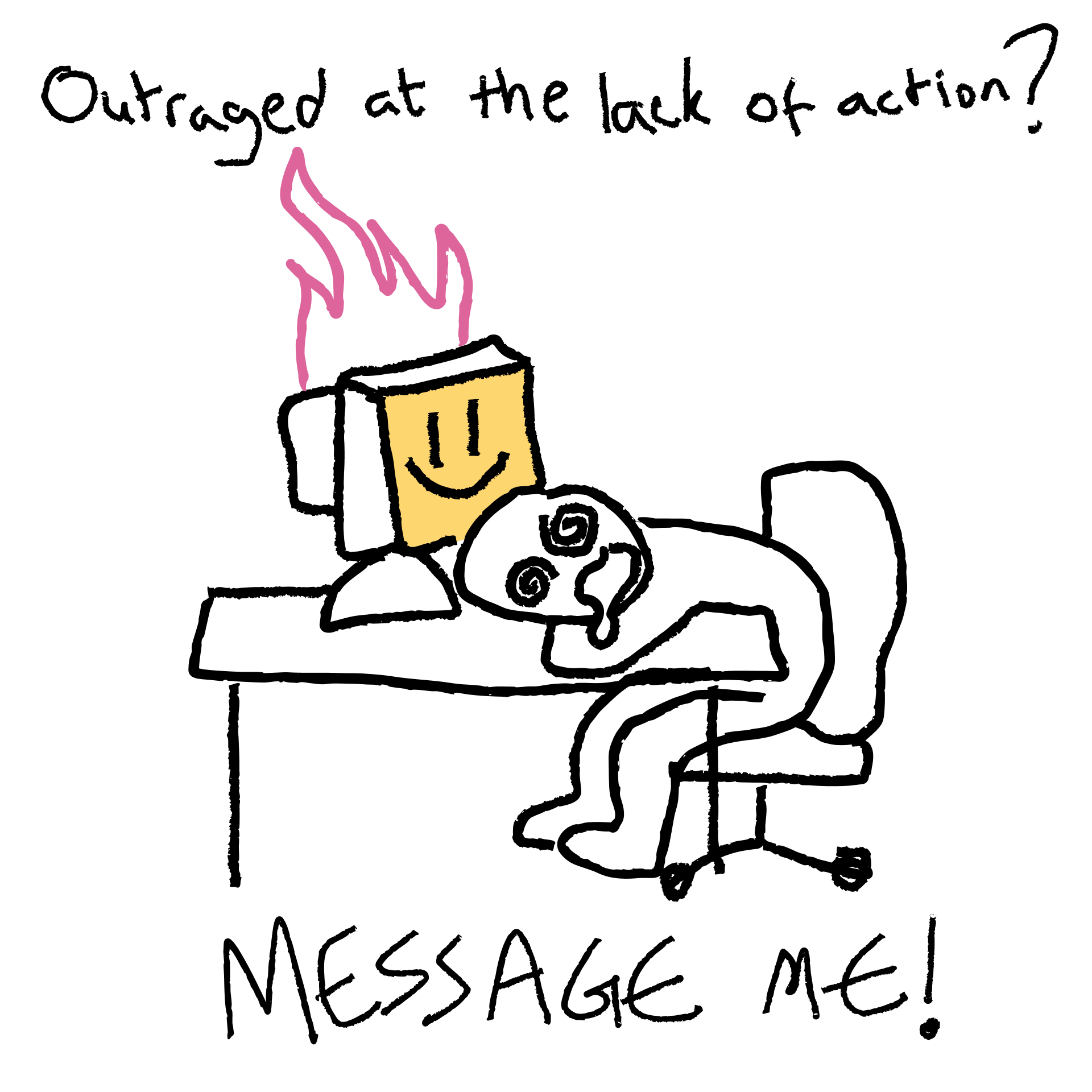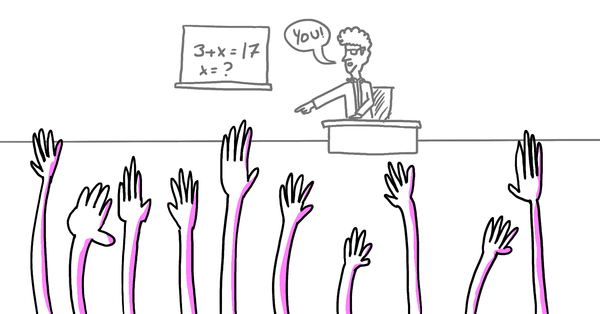Complacency around AI job replacement is insanity

Last week I couldn't contain myself, and had to share the post below on LinkedIn.
Excuse me, but: 🤬 THIS! Our society deserves better!
"AI could wipe out half of all entry-level white-collar jobs — and spike unemployment to 10-20% in the next one to five years, Amodei told [Axios] in an interview from his San Francisco office."
👆 Even if the CEO of Anthropic's prediction above is only 50% true, this is a catastrophic scenario.
But if you pay attention to the article, despite Amodei's lack of visible action to make this blow better, he's saying we have a choice and I'm deciding to believe that. If you feel the same, you're not alone.
Which is why it's such a struggle to understand the lack of urgency from governments and educational institutions. Even if it's not a university's fault that a technology was unleashed completely unchecked by lethargic governments, students will be outraged that they aren't being prepared for what's coming.
We owe our young people a future full of high quality social interactions and opportunities to contribute to our collective wellbeing in ways that are personally fulfilling. Yes technological change is always coming, but the speed and scale this time around may be unlike anything we've seen before. So how are we reacting in ways equally new?
Yet there is time! While the intensity might be new, the path is not. If you're still reading, you're probably feeling this with me.
What seems like AI-specific fear mongering is actually a byproduct of the direction education and work has been headed for a long time. AI is just fuel on a dumpster fire that's been burning silently in the alleyway, and someone's only recently pushed it out onto the street. But it turns out that we need to do more than extinguish the fire. We need to rethink the street.
If anyone is feeling the heat, please reach out (via DM or my contact info if you have it).
I am currently gathering some people to start experimenting with immediate actions we can take to start empowering educational change directly with young adults.
Since sharing that post, I've come across articles like this one from the New York Times which goes through the bleak career prospects facing students. The closing paragraph is particularly chilling.
“It feels like there aren’t that many years left to do things,” he said. “If the amount of leverage you have as a human becomes very small, a lot of career paths that don’t pay off for many years aren’t worthwhile.”
What are we hoping will happen as a society if we're allowing companies to launch whatever they want, whenever they want, on whomever they want? Nothing in the past two decades shows that these companies will choose what's best for us if left to their own devices. We need to show governments that we expect them to fight for us to keep our privileges and liberties.
In another article from The Atlantic, they use data from the U.S. Census Bureau and Bureau of Labor Statistics to show how recent grads are disproportionately affected by unemployment.

They highlight some interesting points about what young collage grads typically do.
“When you think from first principles about what generative AI can do, and what jobs it can replace, it’s the kind of things that young college grads have done” in white-collar firms, Deming told me. “They read and synthesize information and data. They produce reports and presentations.”
But then there's a glimmer of hope perhaps that, at least for now, this isn't about automation but a rocky economy.
…supercharged productivity growth, which an intelligence explosion would likely produce, is hard to find in the data. For another, a New York Fed survey of firms released last year found that AI was having a negligible effect on hiring. […] today’s grads are entering an uncertain economy where some businesses are so focused on tomorrow’s profit margin that they’re less willing to hire large numbers of entry-level workers, who “often take time to learn on the job.”
Once again, I understand the practicalities of learning from a business perspective. But in many ways, work was always a way for us to have something to do. Yes, maybe young people take some time to learn… but also in that learning, often new grads spot new opportunities for better ways to do things. I cannot find the exact quote, but I know that in an episode of Design Details, they discuss how at Github they encourage new hires to take advantage of their fresh perspective within 3 months before routine and existing processes inevitably take over.
The never ending march towards utilitarianism is nothing new. It's just that now we've created a technology that can make a few people's efficiency fantasies a reality, at the cost of everyone else's ability to exert themselves.
I'm not okay with it. Young people truly do deserve better. If you agree, the invite of my LinkedIn post extends to you.
Just reply to this email and let's have a chat!




